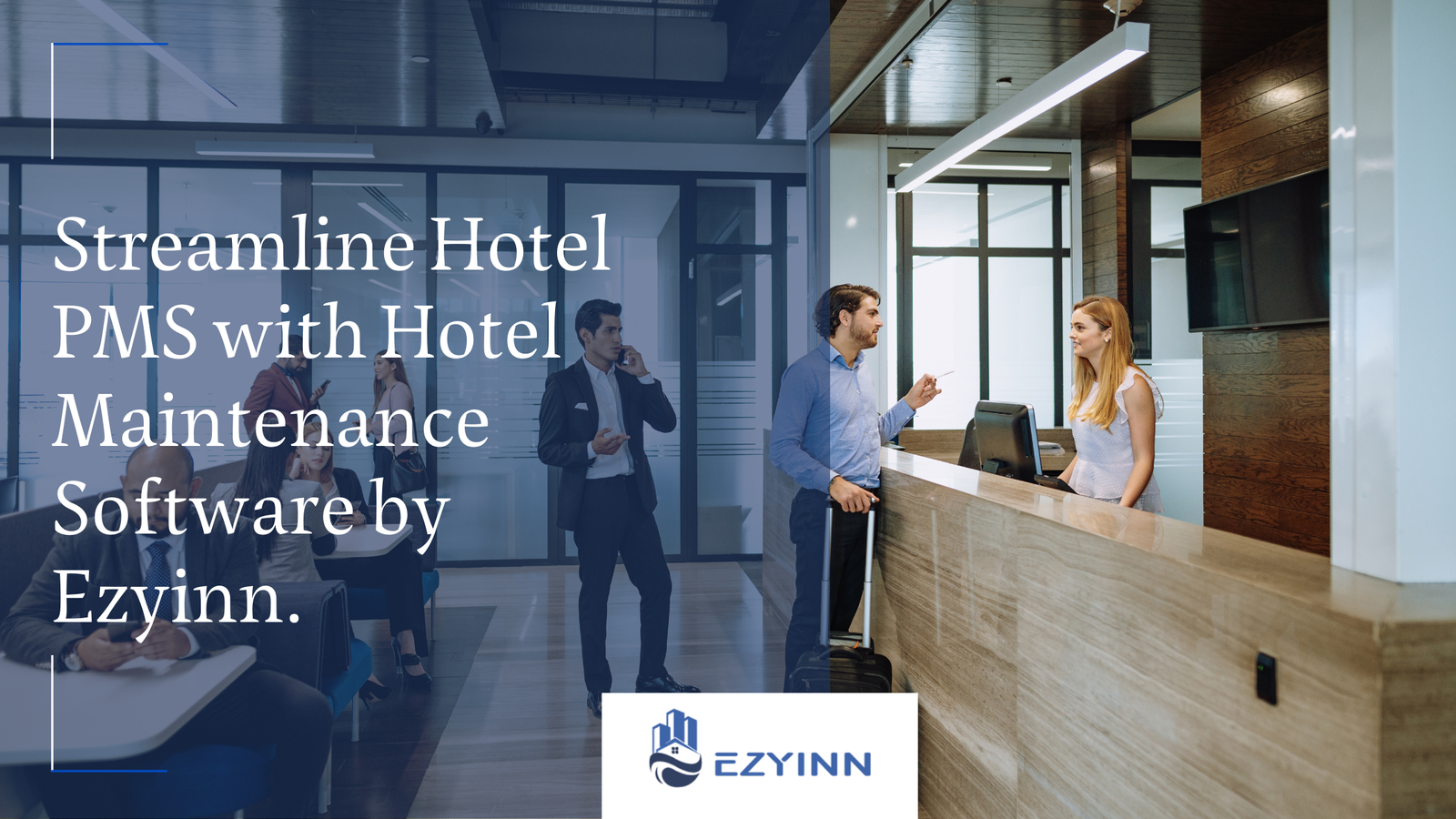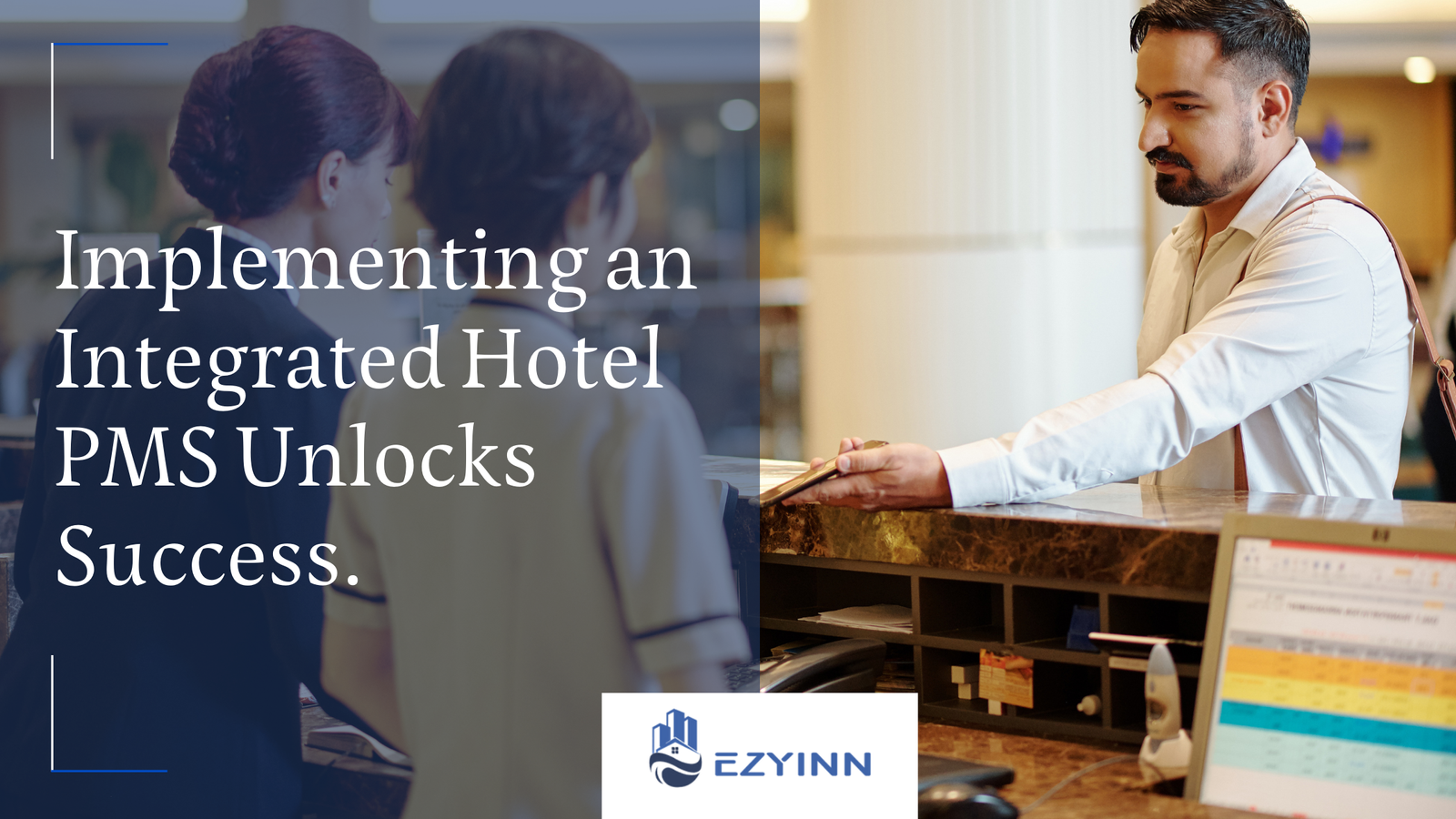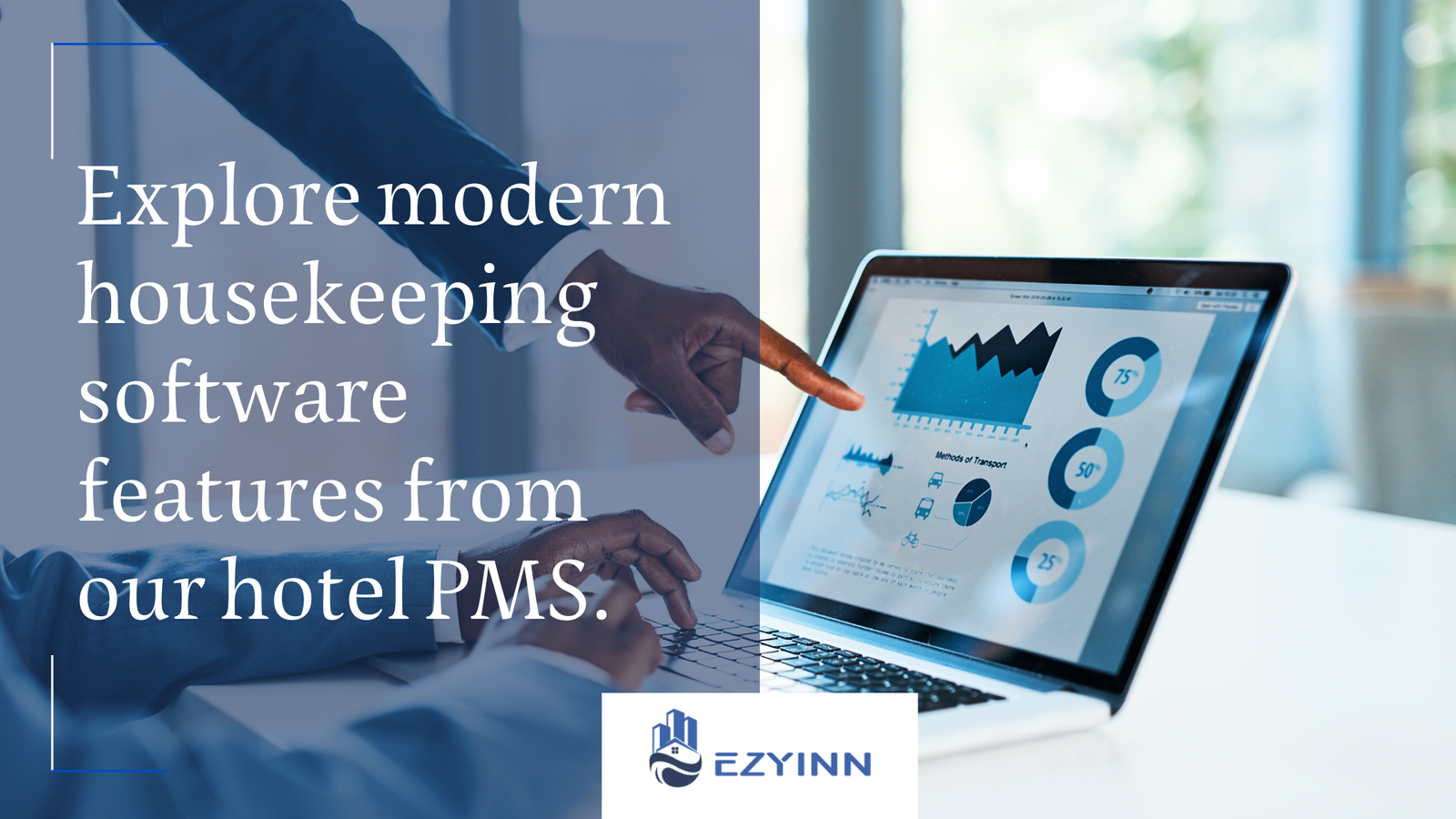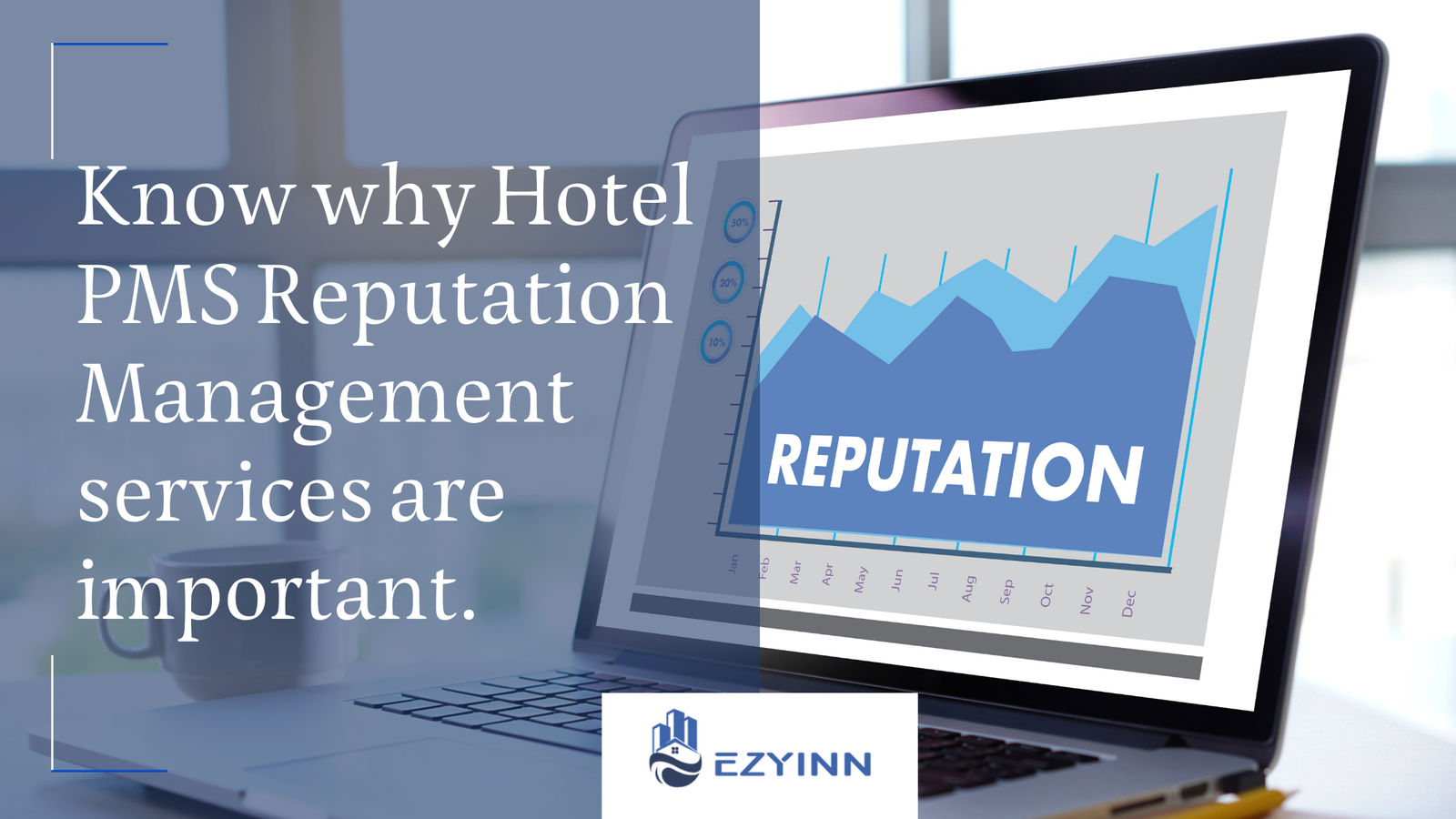Mobile property management software (mobile PMS) is a new and upcoming technology in the hospitality industry. This software allows hoteliers to manage their property from a mobile device like a smartphone or tablet.
Why is mobile PMS the future of the hospitality industry?
A mobile device has become a vital phantom limb for most of us. Staying in touch with family and friends, delegating errands, managing our home, working, ordering food, purchasing groceries, paying bills, acquiring and streaming movies and music, reserving a taxi, storing loyalty cards, using it as a wallet, opening doors, and making payments are just a few of the many uses for smartphones. They have fundamentally altered how we interact with the world around us.
As we grow more demanding regarding the services we have at our fingertips, the hotel business has been heavily impacted by the rise of mobile devices, which have radically altered its operations.
Here are a few ways mobile PMS are shaping the future of the hospitality industry.
Self-Check-In Is on the Rise: In many airports, waiting in line to check in is no longer essential, and customers expect the same technology-driven convenience at hotel check-ins. Guests who formerly expected to be met by front desk workers now prefer a mobile check-in option that allows them to avoid line-ups and connect freely with the hotel. Self-service check-in is becoming the norm, with some companies, such as CitizenM Hotels, eliminating the front desk in favor of self-service kiosks in the lobby.
Wi-Fi Infrastructure Overhaul: Ten years ago, if you had envisioned the future of hospitality, you would not have predicted that Wi-Fi would be a deciding factor when selecting a hotel. With connected customers checking their mobile devices an average of 150 times daily, Wi-Fi connection is second only to clean bedding in significance for hotel visitors. Wi-Fi is no longer a premium service. Most customers now anticipate it will be accessible and are disappointed when it is not; 96 per cent of visitors believe Wi-Fi should be free, and many see its absence as a deal-breaker. As a result, hoteliers worldwide are re-evaluating their current infrastructure, modernizing their networks, and expanding their coverage.
Rise of the Portable Concierge: The function of the hotel concierge may never completely vanish, but with mobile technology and the number of travel-based and social applications, hotel visitors may research and locate all the information that the conventional concierge used to supply. Consequently, many hotels now provide their own mobile applications that give guests access to essential local and property information. Many mobile concierge systems have a two-way chat to facilitate instantaneous communication and guarantee that guests’ demands and wants are addressed.
The End of Pay-Per-View: In-room, on-demand video is a thing of the past, as guests of all ages prefer streaming on their own devices. According to a poll, 81 per cent of respondents want access to their mobile material in hotels, and 55 per cent stated the availability of mobile content at a hotel would impact their choice of accommodation. Although Marriott was one of the first hotels to provide guests with access to the streaming services they use at home, many other hotels have followed suit.
Similarly, many hotels are starting to provide a system that allows customers to manage more room functions using their mobile devices, such as lighting, temperature, and music.
Mobile has profoundly affected the hotel sector and altered visitor expectations in only 10 years. As mobile continues to assume a larger role in the consumer’s everyday life, it is essential to optimize your hospitality business for mobile to improve guest engagement, enhance revenue growth, and stay competitive.
The drawbacks of mobile PMS
Hoteliers should be aware of a few potential drawbacks to mobile PMS before making the switch.
- One is that mobile devices can be easily lost or stolen, which could compromise sensitive guest information.
- Additionally, mobile PMS systems may not be as reliable as traditional systems. If there are any glitches or problems with the system, it could lead to major disruptions for guests. Finally, mobile PMS systems can be more expensive than traditional systems, so hoteliers need to weigh the costs and benefits before making the switch.
- Additionally, mobile devices can be more vulnerable to security risks since they are often used on public Wi-Fi networks.
- Finally, mobile PMS systems can be more expensive than traditional desktop systems, so there is a potential upfront cost associated with making the switch.
Conclusion
Mobile PMS is the future of hospitality because it allows businesses to manage their property and reservations from anywhere. With mobile PMS, businesses can make changes on the fly, meaning they can always offer the best possible experience to their guests. Mobile PMS gives businesses a major advantage in a world where customer service is increasingly important. To know more about Mobile PMS, visit us at EZYINN or call (408) 715-3635.










